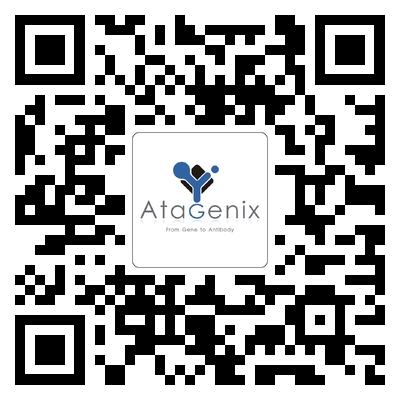
- All products
- Recombinant Protein
- Antibody
- Gene
- Tool Enzyme
- 2019-nCoV products
- Assay Kit
- Phage Library
- Cell Culture Medium and Cell Bank
- Antibody Drug Analogues
- All services
- Protein
- Antibody
- Therapeutic Antibody Development
- Recombinant Antibody Expression
- Home Page
- Product
Polyclonal Antibody Monoclonal Antibodies Control Antibody,Tag Antibody Flow Cytometry Antibody Small Molecule Antibody Pathological Antibody For IHC Secondary AntibodyNew 2019-nCoV Related Kit 2019-nCoV Related Protein New 2019-nCoV Antibody New IVD Material SARS RelatedTUNEL Assay Kit Inclusion Bodies Purification Assay Kit TMB Substrate SDS-PAGE Express Staining Solution Seamless Cloning Assay Kit
- Technical Service
- Technical Support
- Experiment Center
- News Center
- Literature Citation
- About Us
Antibody Discovery Platform for Hybridoma Technology
Introduction
Hybridoma technology refers to the fusion of B cells with myeloma cells and the establishment of hybridoma cell lines through screening and subcloning, which are used to produce a large number of monoclonal antibodies.
Monoclonal antibodies are highly specific, a monoclonal antibody can only recognize a specific antigenic determinant cluster; Due to its high specificity, it is widely used in biology, pharmacy, medicine and other fields, and has a great application prospect. Hybridoma antibody technology started in the 1980s, and the technology is mature and widely used in the development of monoclonal antibodies.
AtaGenix has been providing antibody discovery services for domestic and foreign research institutions, IVD companies and antibody drug companies for a long time, and has accumulated rich experience in antibody development. AtaGenix provides DNA immunization, peptide, protein immunization, small molecule immunization; high-throughput customized antibody screening solutions; ELISA, WB, IF, IHC, FC, Biacore and other diversified high-throughput detection platforms; and hybridoma sequencing technology and recombinant antibody expression services.
Advantages
1. Immunization Modalities: Peptides, proteins (five expression systems), small molecules, and DNA.
2. One-stop Service: Offering total solutions from gene sequence to hybridoma development and identifications.
3. High-efficiency Electrofusion Technology: Highly efficient and non-toxic
4. High Success Rate: 3000+ monclonal antibody projects, with a success rate of 95.4%.
5. Customized Screening: Offer IH/IF/FC and other application-grade antibody development services
6. Extensive Validations: WB/IHC/IF/FC and more detection methods
7.Professional Team: 10+ years’ experience in antibody research and development.
8. Downstream Engineering: Hybridoma cell sequencing, antibody humanization, recombinant antibody expression, sandwich pair screening for chemiluminescence applications, and mass production of antibodies.
Contents
Contents | Receivables | Steps | Time Frame | Deliverables |
Hybridoma Monoclonal Antibody Development | Antigenic information or antigen: Protein, peptide, small molecule | Antigen preparation (optional) Mouse immunization Cell Fusion, Screening, Detection and Typing Antibody Production: Small scale (1mg-5mg) Large scale (100mg-100g) | 20 weeks | 1-3 Monoclonal cell lines 2 mg Monoclonal antibody Residual antigen Project report |
- Telephone:Technical:027-87433958 Marketing:027-65279366
- Mailbox:Technical:Info@atagenix.com Marketing:Sales@atagenix.com
- Address:Building C,No.666,Shen Dun Si Lu,Wuhan,430076,CHINA

Follow“AtaGenix”
WeChat Official Account
Copyright © 2024 Lawyer Theme All Rights Reserved